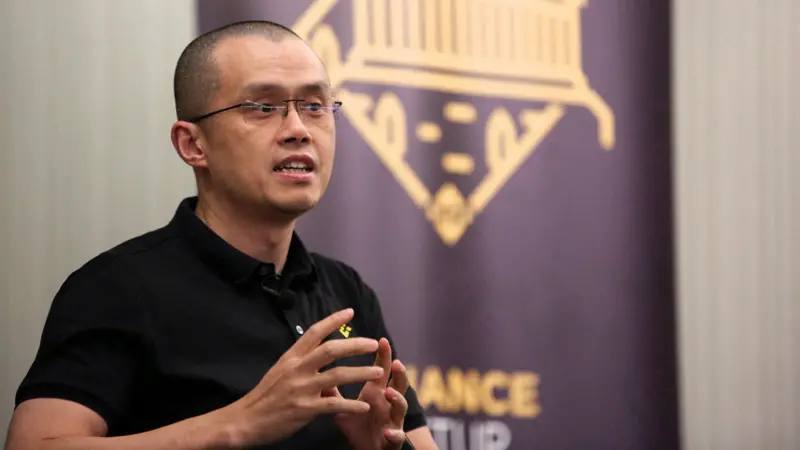
President Trump pardons Binance founder Changpeng Zhao

Overview
Changpeng Zhao (“CZ”), founder of the global crypto exchange Binance, received a presidential pardon. The move follows his April 2024 sentencing to four months after pleading guilty to violating U.S. anti‑money‑laundering requirements. The pardon has reignited debate around crypto compliance, executive accountability, and how the U.S. intends to position itself in digital assets.
This page offers background, a neutral timeline, key excerpts from public statements, and links for further reading. It is intended as an informational brief, not financial or legal advice.
Background
Binance grew into one of the world’s largest cryptocurrency platforms, serving tens of millions of users globally. U.S. authorities alleged historic compliance failings, including controls related to sanctions and anti‑money‑laundering (AML). In 2023–2024, settlements and leadership changes unfolded, culminating in CZ stepping down as CEO while the company committed to remediation and monitoring.
In April 2024, a U.S. federal court sentenced CZ to four months’ imprisonment following his guilty plea related to AML program violations. Concurrent matters required Binance to pay multibillion‑dollar penalties and implement enhanced compliance frameworks.
What the pardon does—and doesn’t do
- Clears the conviction’s legal consequences as defined by the pardon’s scope, while related civil obligations or corporate undertakings may remain unaffected.
- Does not rewrite history—public records of the case and prior statements remain publicly accessible.
- Does not guarantee regulatory forbearance for any entity going forward. Regulators can—and do—continue supervision and enforcement.
Statements & reactions
Supporters frame the decision as a reset and a sign that the U.S. may embrace crypto innovation more actively. Critics argue it weakens deterrence for compliance failures. CZ expressed gratitude and reiterated a focus on building responsibly.
From the policy side, commentary has centred on whether the move signals a durable shift towards pro‑innovation regulation or a one‑off decision. Market observers also debated whether clarity will catalyse institutional participation or simply reduce headline risk.
Market context
While markets often react to high‑profile legal developments, prices ultimately reflect macro liquidity, positioning, and the regulatory path ahead. A pardon can remove an overhang, but it does not replace the need for robust compliance, transparent governance, and user protections.
Nothing here is investment advice. Always conduct your own research.
Timeline (condensed)
- Nov 2023: CZ steps down as CEO as part of U.S. resolutions; Binance commits to compliance enhancements.
- Apr 2024: Sentencing to four months following guilty plea regarding AML program violations.
- Sep 2024: Sentence served.
- Oct 2025: Presidential pardon issued.
Key links
Disclaimer
This material is for information only and may be updated as new facts emerge. It does not constitute legal, tax, or investment advice, and no assurance is given regarding completeness or accuracy.